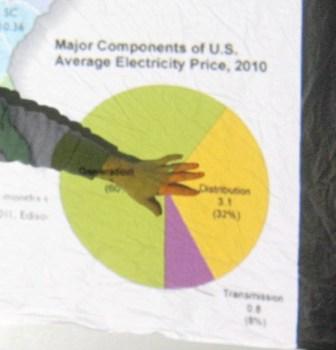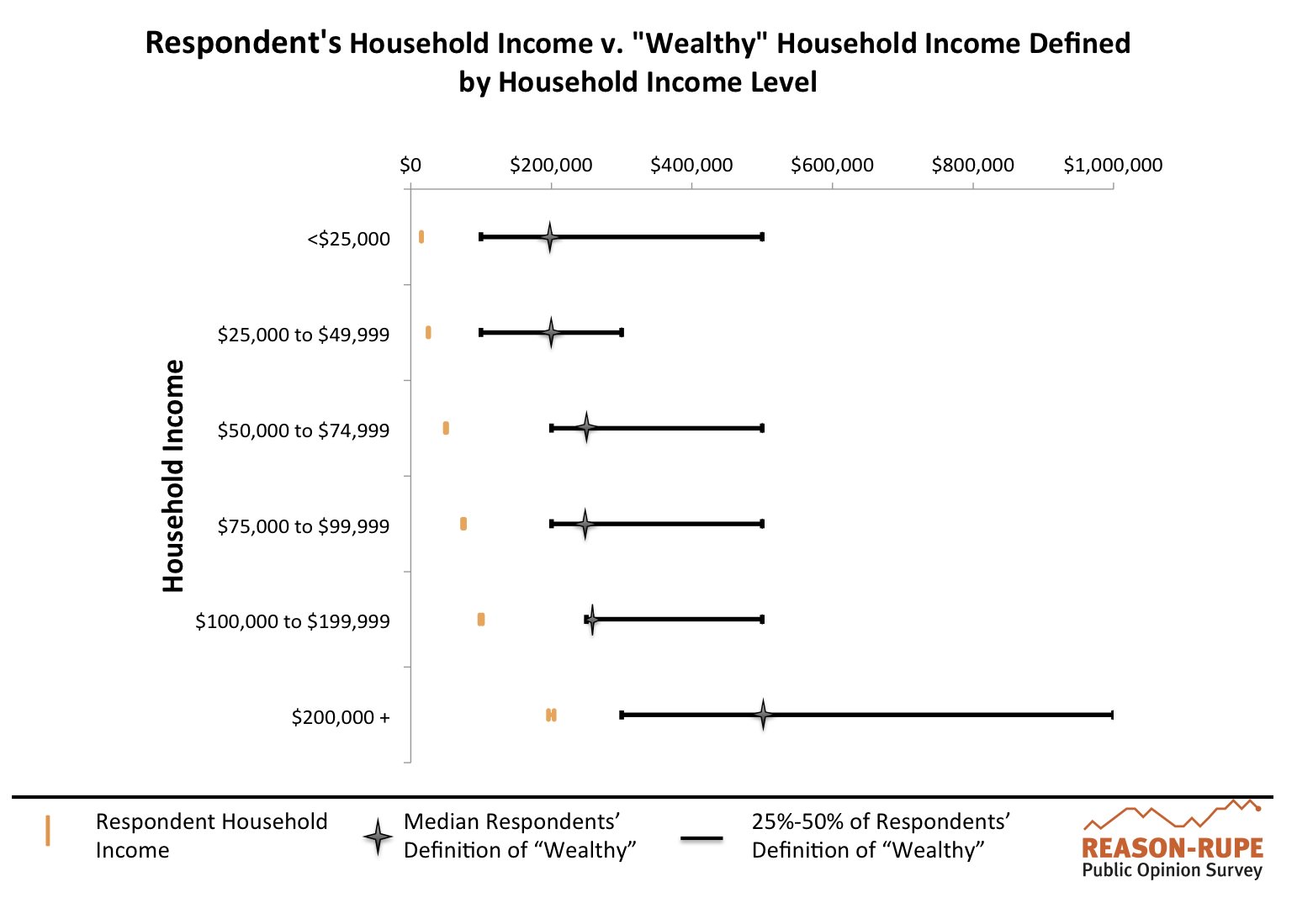 A few weeks ago I gave a talk at the weekly Greenfire meeting and the Lawrentian had a very nice summation of its intent and content. I will point out one area where I think the reporter seems to have misunderstood my intent:
A few weeks ago I gave a talk at the weekly Greenfire meeting and the Lawrentian had a very nice summation of its intent and content. I will point out one area where I think the reporter seems to have misunderstood my intent:
He spent much of the presentation promoting CCS [carbon capture and sequestration] as “the critical enabling technology that would reduce emissions,” and supporting a carbon tax.
I did spend quite a bit of time talking about CCS, but I don’t think I was promoting it. My conclusion is this:
I conclude that not only is CCS not likely to be implemented, but that the future of U.S. coal itself is in serious question. The idea that any coal plants equipped with CCS and financed with private sector capital will be built is pretty much unthinkable at this point.
I suppose I could believe the above statement and still think that CCS is a great idea, but I’m not sure that I ever felt strongly enough about it to “promote it.” Although coal plants have pretty low operating costs, they are extremely capital intensive. The plants we were looking at had about a 40% premium for adding the CCS component. Moreover,the external costs are very high, even with CCS. In many ways I would say the same about mandated fuel efficiency (i.e., the CAFE standards), where I can see a reasonable case to be made to go that route, but I wouldn’t go that route if I didn’t have to.
One thing I do continue to promote is the idea of a tax as a means to reduce energy use, specifically with respect to the otherwise “unpriced” external costs. This is from a paper I co-authored ten years ago about U.S. fuel efficiency standards:
For a fleet that averages 17 to 20 MPG, the appropriate tax for an external cost of eight to 10-cents per mile would be in the range of $1.36 to $ 2.00 per gallon. This needed increase in the gas tax is the most important implication that can be drawn from the recent criticisms of the CAFE program – current costs of highway injuries and deaths, congestion, and air pollution are enormous and require a dramatic public policy response. Raising the gas tax by $1.36 to $2.00 would induce a sharp reduction in vehicle miles traveled and encourage consumers to demand fuel-economy improvements in new vehicles.
And we weren’t alone.
Not surprisingly, I have pretty much the same views about reducing carbon emissions — a tax on carbon emissions is the way to go. This is a proposal that has much in the way of potential benefits and has near-unanimous support across the economics profession. (!)
Although many people think economists are a wacky, impractical bunch, in this case there are some governments paying attention. In particular, Australia implemented a carbon tax not terribly long ago, and the results are as encouraging as they are predictable.
Australia’s greenhouse gas emissions from the electricity sector are down about 7.6 per cent since the carbon tax was introduced in July 2012… Emissions from the power sector have been dropping, particularly since the introduction of a $23 a tonne price on carbon in mid-2012, making renewable energy supplies more attractive. Demand for electricity has also been dropping as manufacturing shrinks and energy efficiency efforts take hold.
I guess all of that is a positive, minus the manufacturing shrinking part. Though, if the value of the manufactured products don’t warrant high enough prices to cover the social costs of carbon, then that displacement is a textbook case of scaling back on overproduction of “bads”.
 ive tool
ive tool